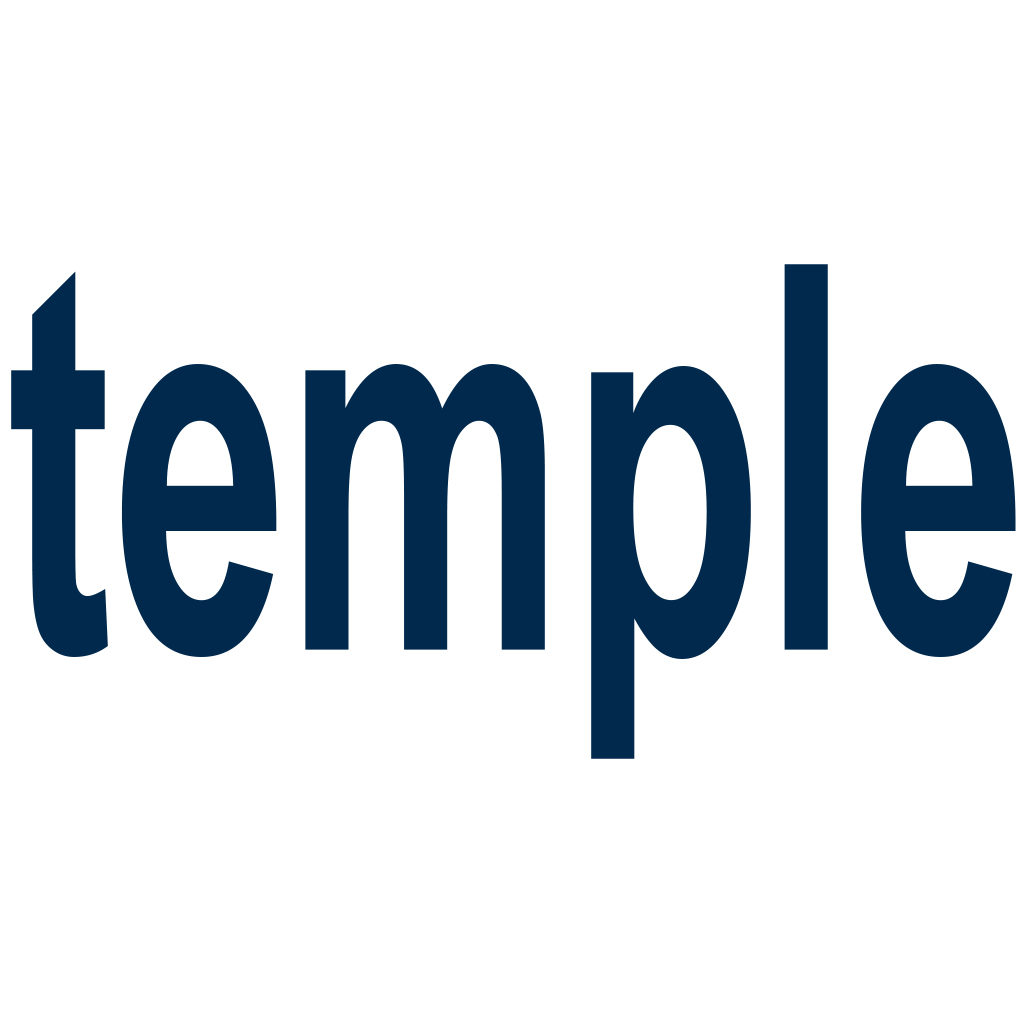This case study shows how disbursement funding from Temple Funding for a professional negligence claim removes a burden from your balance sheet and a barrier to enabling your client to pursue the case. This can be the difference between you being able to take on the case or not. In addition, explaining the figures below to your client could mean they engage your firm’s services sooner due to their increased understanding of the costs involved, the role of funding and ATE insurance.
Aside from the freedom to pursue their claim, without having to pay expenses along the way, your clients can be secure in the knowledge that if the claim is unsuccessful, the loan and interest is fully insured by the ATE insurance policy.
Temple Funding is fully authorised and regulated by the Financial Conduct Authority – this provides transparency, protection and security to you, your law firm and your clients. We work in partnership with many specialist commercial litigators law firms and have considerable experience of the broad nature of commercial disputes, the type of retainer and size of claim.
The information provided below in this example is based on a typical professional negligence case, where: –
- The client usually does not incur many disbursements pre-issue;
- Then incurs an issue fee of up to £10,000 depending on the level of quantum;
- Then may need to incur an expert fee at some level some time after issue;
- Then may incur a hearing fee of £1,090, and typically gets judgment in their favour up to 3 months after a final hearing.
Not included in this example are: –
- Costs of assessment – for cases where the ATE insurance premium is recoverable;
- Cost of any interim applications or other court fees, which are usually covered under the ATE insurance;
- Mediator or arbitrator fees, which are usually covered under the ATE insurance;
- Own Counsel’s fees – these could be covered upon request to Temple. Please note that currently disbursement funding is not available as standard for own Counsel’s fees, however we could consider this upon request to Temple.
Typically there would only be one drawdown fee since a solicitor would usually draw down all the monies needed in a single tranche.

Professional negligence funding table
*For the latest competitive rates, please contact Temple.

